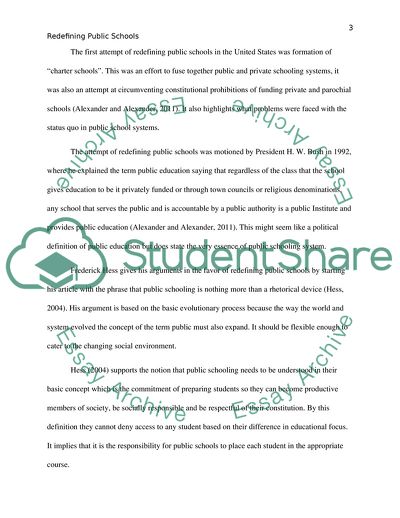Cite this document
(Should Public Schools Be Redefined Literature review Example | Topics and Well Written Essays - 1500 words, n.d.)
Should Public Schools Be Redefined Literature review Example | Topics and Well Written Essays - 1500 words. https://studentshare.org/education/1817437-should-public-schooling-be-redefined
Should Public Schools Be Redefined Literature review Example | Topics and Well Written Essays - 1500 words. https://studentshare.org/education/1817437-should-public-schooling-be-redefined
(Should Public Schools Be Redefined Literature Review Example | Topics and Well Written Essays - 1500 Words)
Should Public Schools Be Redefined Literature Review Example | Topics and Well Written Essays - 1500 Words. https://studentshare.org/education/1817437-should-public-schooling-be-redefined.
Should Public Schools Be Redefined Literature Review Example | Topics and Well Written Essays - 1500 Words. https://studentshare.org/education/1817437-should-public-schooling-be-redefined.
“Should Public Schools Be Redefined Literature Review Example | Topics and Well Written Essays - 1500 Words”. https://studentshare.org/education/1817437-should-public-schooling-be-redefined.


